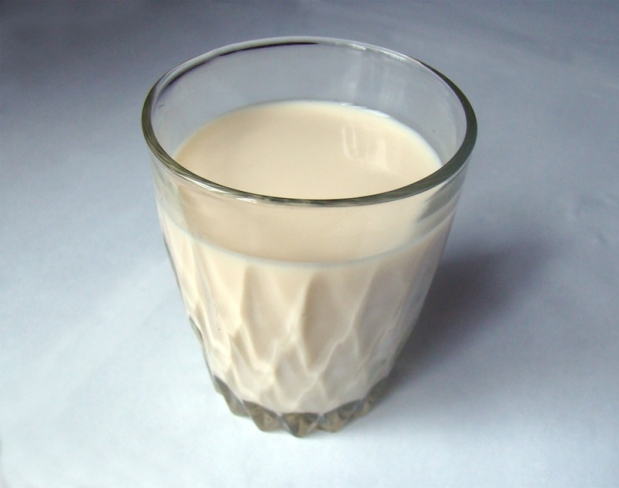 “On the evening of Friday, June 7, the historic leader of the Cuban Revolution, Fidel Castro Ruz received comrade Diosdado Cabello Rondon, President of the National Assembly of the Bolivarian Republic of Venezuela” Juventud Rebelde reported a few days ago.
“On the evening of Friday, June 7, the historic leader of the Cuban Revolution, Fidel Castro Ruz received comrade Diosdado Cabello Rondon, President of the National Assembly of the Bolivarian Republic of Venezuela” Juventud Rebelde reported a few days ago.
“The president of the Venezuelan Parliament,along with Fidel, made a brief tour of numerous crops capable of generating high numbers of proteins for the production of milk and meat,” added the official newspaper.
But if the meat and milk products are scarce in Venezuela lately, in Cuba this is a chronic disease that has now lasted for more than half a century.
In Cuba milk is rationed for the sick and children up to seven years old.
In hard currency, one kilogram of powdered milk costs a little more than five convertible pesos (CUC) and one kilogram of beef more than nine.
To bring a kilo of milk powder and one kilogram of beef to the table, a Cuban family needs to spend 350 Cuban pesos, more than three-quarters of the average monthly wage in the country.
“We have to erase from our minds the idea of seven years, we spent 50 years saying up to seven years. We should be producing milk so that anyone who wants to can drink a glass of milk and there is land to produce it here,” Raul Castro said in Camagüey on Thursday, July 26, 2007.
But on the sixth anniversary of those word, spoken and applauded, we still do not see the long awaited glass of milk for Cubans.
“The first secretary of the Provincial Party Committee (PCC) in Las Tunas, Ariel Santana Santiesteban, toured the municipality of Puerto Padre, where food production is not adequate,” the State channel, Canal Azul, reported on June 9.
According to the Puerto Padre station, due to insufficient feed, cows here averaged only 1.6 quarts of milk per head. This is the production of a good dairy goat.
Dr. Castro Ruz has done experiments in livestock since the early sixties of last century, when he divided and subdivided hundreds of thousands of hectares of grazing land in the country to introduce the grazing system of French academic Andrew Voisin.
To assess the implementation of their rational grazing system, the then Prime Minister invited the French academic to the Island, where the University of Havana awarded him the title of Doctor Honoris Causa.
On the afternoon of December 21, 1964, Dr. Voisin died of a heart attack at the residence of Protocol No. 1, in the Cubanacan neighborhood, where he lived.
“In 45 days I built full grazing systems, with everything, with quality materials, but they are completely destroyed,” an accomplished master builder who has been in charge of the construction of hotels, hospitals and factories to throughout Cuba told this correspondent.
“Look at this, look at the crime!” said an old cowboy showing this correspondent a number of dairies equipped, in his time, with modern equipment, now completely abandoned.
“The inefficient food production in Cuba, a country with a tropical climate, equipped with water, pastures, farming methods and knowledge to produce and conserve fodder, is due to political rather than technical misconceptions political. If the day of the politicians is put aside to let the producers get to where they are capable of going, you will see instead of a lack of food, a surplus,” said an experimental agronomist to this correspondent, stating: “For this it is necessary that they stop experimenting with what we know how to do.”
As it seems unlikely that the Cuban communists, in charge of doing everything in this country, will allow ranchers and farmers to develop the wisdom that comes from their ancestors, they will continue to experiment with how to produce milk to distance the glass from Cuban tables. That, perhaps, is the experience that the speaker of the Venezuelan parliament brought to his country.
Translated from Diario de Cuba
30 Jun 2013
